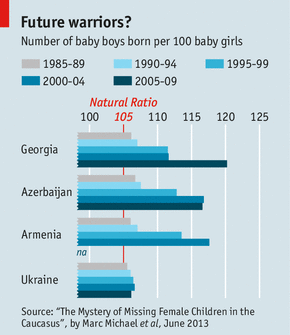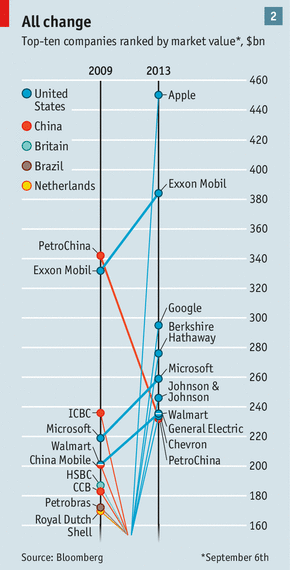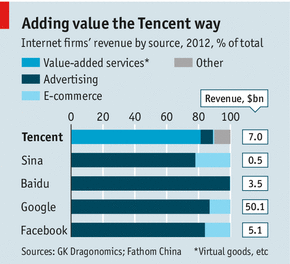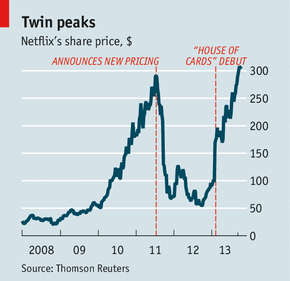In a strong year for technology and web-based brands, the other really big risers were Facebook, into 52nd place with its value up 43 per cent to $7.7 billion, and Amazon, into the top 20 with a 27 per cent improvement in value to $23.6 billion.
“Coca-Cola is a very mature, steady brand with a global presence, so the valuation for Coke will be pretty steady. With technology brands you see more volatility. Twenty years ago people were singing Motorola’s praises.
“Technology brands certainly influence buyer behaviour. They also tend to be very volatile. The table tells you that the most successful technology companies are very profitable and successful. It may also tell you there’s a bubble.”









